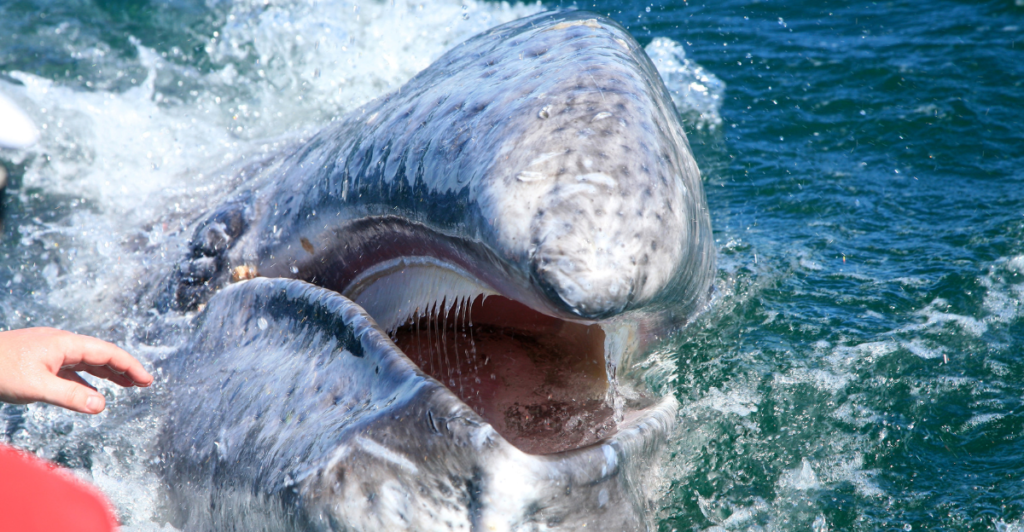
Whales are among the largest and most magnificent creatures on earth. But did you know that majestic mammals go on incredible migrations each year? These journeys play a very important role in reshaping marine ecosystems. Whales transport nutrients across extensive distances and contribute significantly to the health and productivity of our oceans.
The Great Whale Conveyor Belt
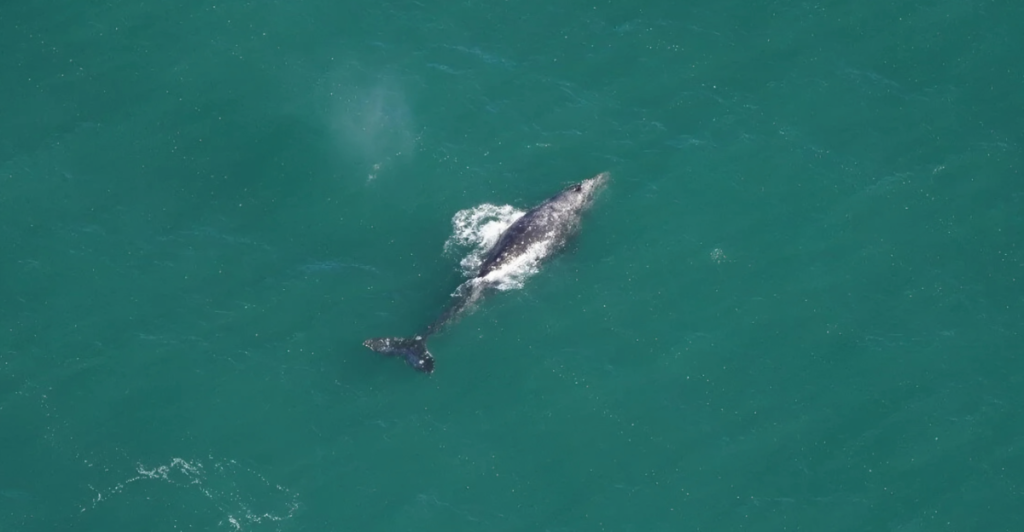
The concept of the “great whale conveyor belt” shows how important whale migrations are to ocean ecosystems. Baleen whales, like gray, humpback, and right whales, migrate from nutrient-rich feeding grounds near the poles to nutrient-poor tropical breeding areas. During these massive migrations, they transport important nutrients through their urine, placentas, and carcasses, which are extremely important for boosting marine productivity.
Nutrient Transport Mechanisms
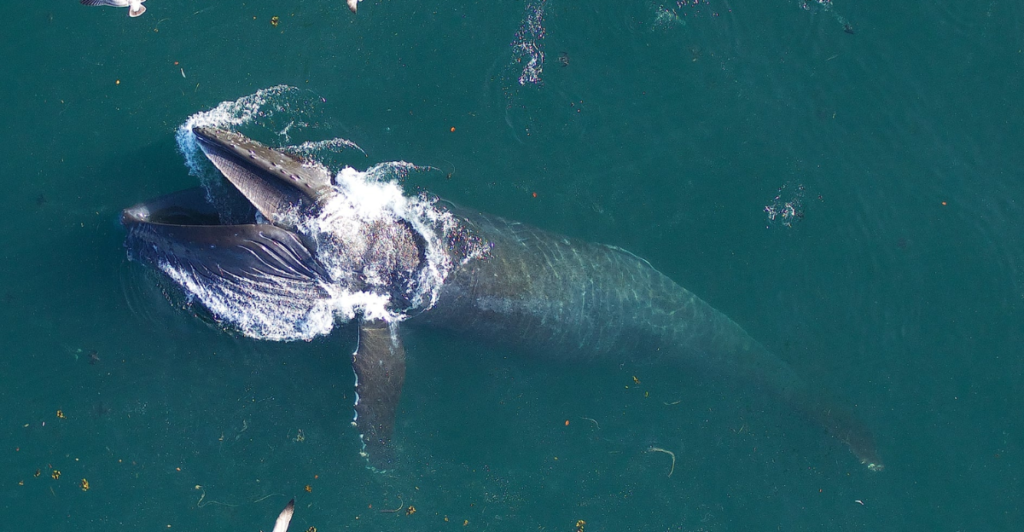
These massive animals transport nutrients primarily through their urine, which contains nitrogen-rich urea. This is essential for fertilizing phytoplankton, which forms the base of many marine food chains. Additionally, placentas and carcasses also provide concentrated nutrient pulses in breeding areas, further enriching local ecosystems and supporting a diverse range of marine life.
Impact on Phytoplankton and Carbon Sequestration
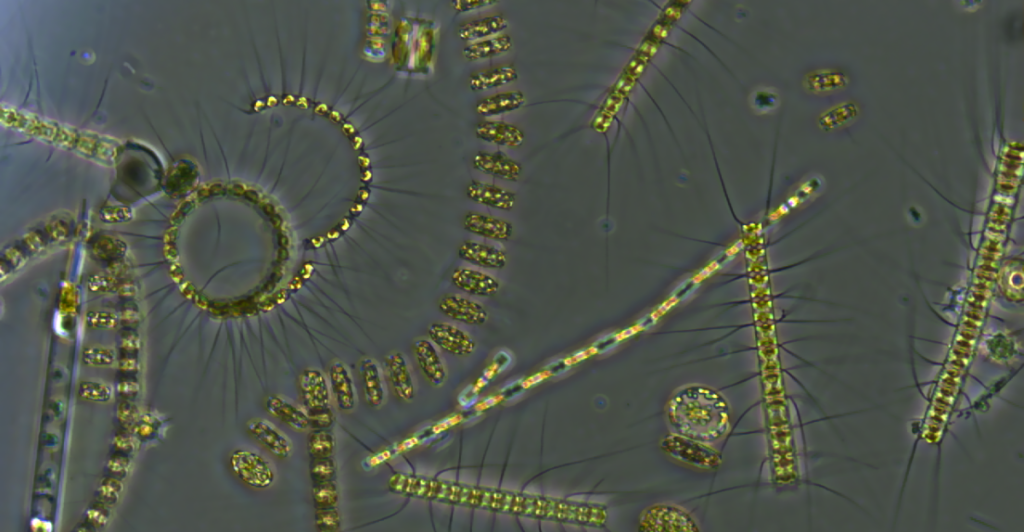
Phytoplankton is extremely important. It absorbs large amounts of carbon dioxide from the atmosphere while producing more than half of the world’s oxygen. This is essential for sustaining marine ecosystems.
Migration Patterns and Distances
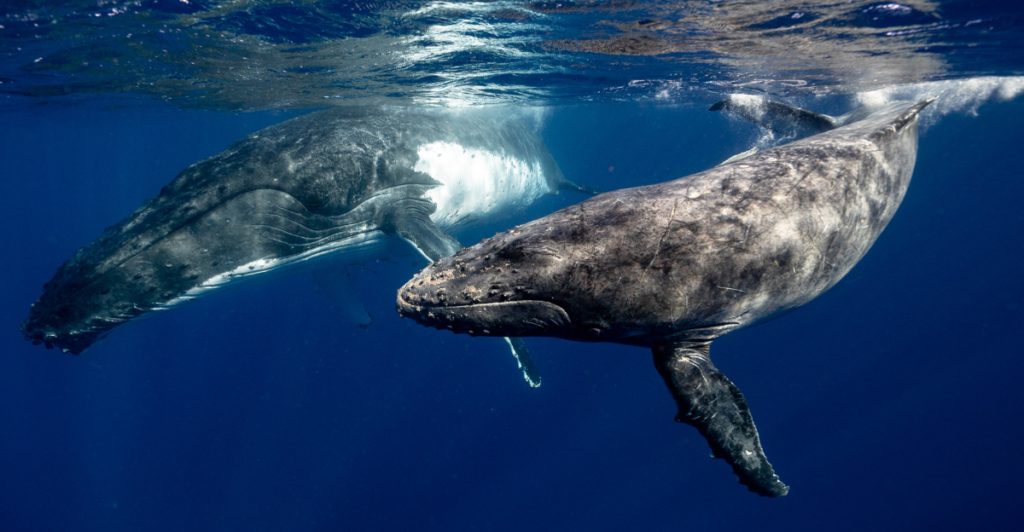
Humpback whales are well-known for their extensive migrations, during which they travel more than 5,000 miles from Antarctic waters to tropical breeding grounds. Gray whales cover nearly 7,000 miles between feeding areas off Russia and breeding sites along Baja California.
Energy Storage and Fasting
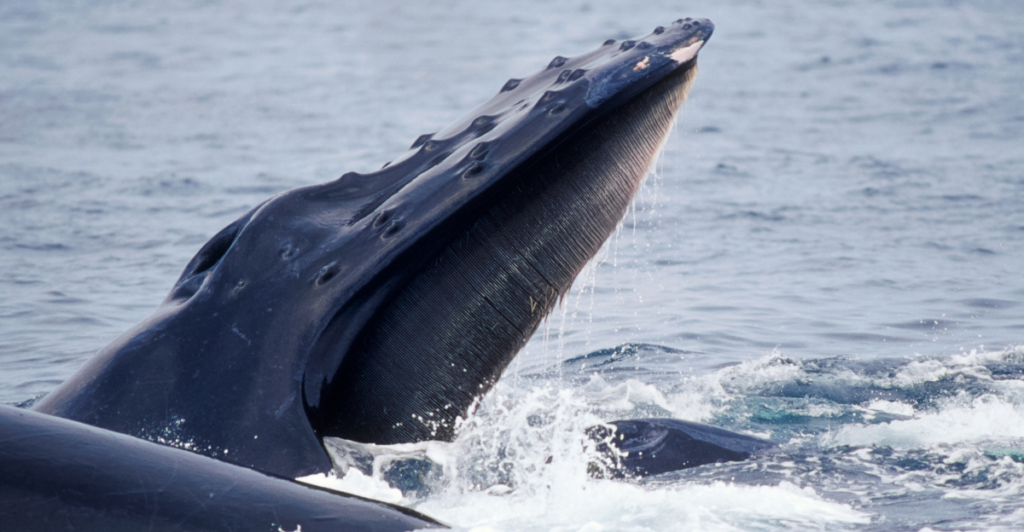
Baleen whales depend on stored energy reserves for both migration and reproduction. During the summer, these whales build up thick layers of blubber while feeding in nutrient-rich waters. This fat supply sustains them through the winter when food is scarce. Pregnant females accumulate more fat than males and nonpregnant females, ensuring they have enough energy to migrate and nurse their calves.
Ecological Role of Whales
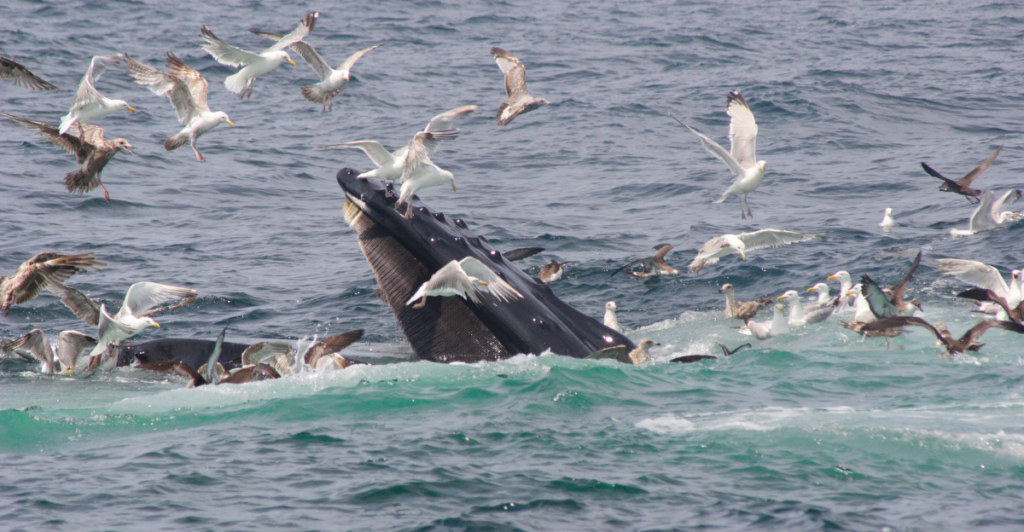
Whales are extremely important for maintaining healthy ocean ecosystems. Their migrations fertilize marine environments and support diverse marine life. When whales die, their bodies sink to the seabed. When a whale carcass sinks into the deep ocean, it effectively removes carbon from circulation, locking it away for centuries or even longer.
Historical Impact of Whaling
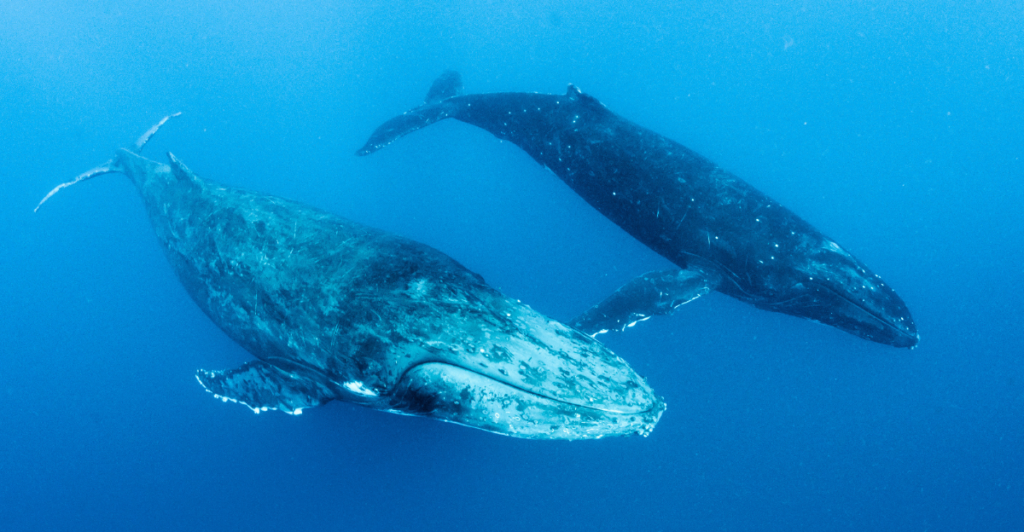
Before commercial whaling, whales transported nutrients at a rate estimated to be three times higher than today. The drastic decline in whale populations has massively reduced their ecological contributions, which highlights the need for conservation efforts to restore their numbers and the vital role they play in marine ecosystems.
Conservation Efforts and Challenges
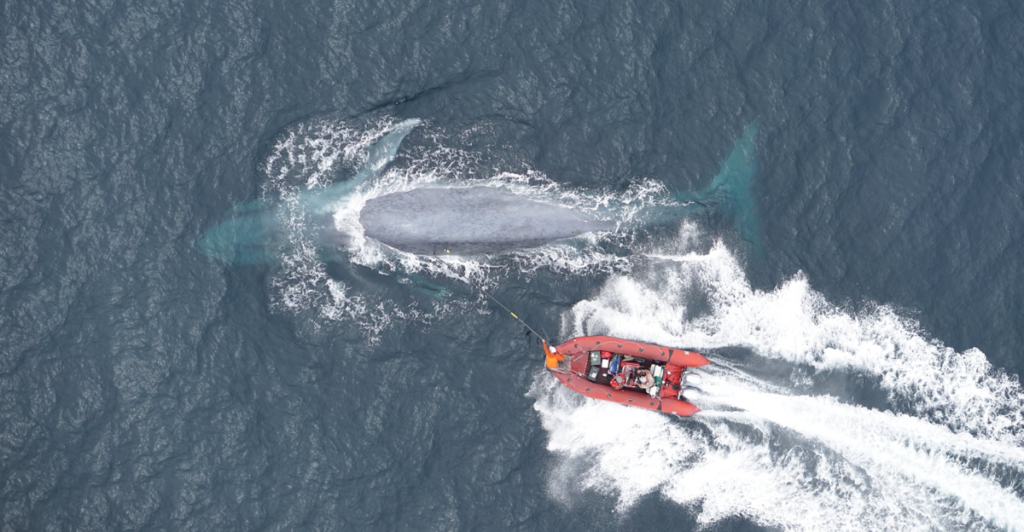
Rebuilding whale populations can help restore ocean ecosystems and strengthen their ability to withstand climate change. However, whales face numerous threats, including ship strikes, entanglement in fishing gear, nets, and ropes, and climate change. Addressing these challenges is essential for maintaining the ecological balance of oceans.
The Role of Whale Feces and Urine

Whale feces and urine are packed with essential nutrients that act as natural fertilizers for phytoplankton. This boosts phytoplankton growth, which in turn supports the entire marine food web, from tiny fish and crustaceans to large predators like sharks.
Ecosystem Resilience and Adaptation
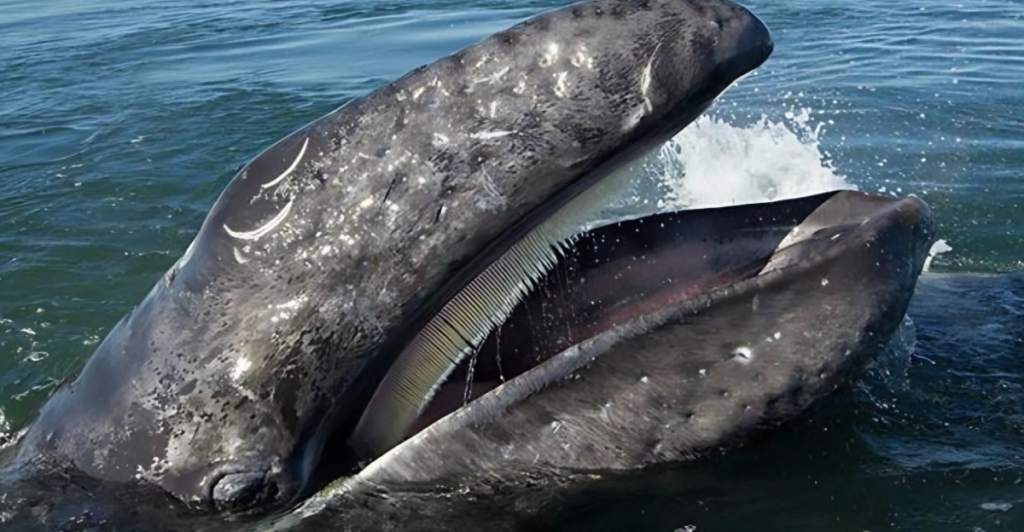
The nutrients whales distribute strengthen ecosystems, making them more resilient and adaptable to environmental changes. By enhancing primary production, whales support the marine food web and improve the ocean’s ability to withstand challenges like climate change.
Global Significance of Whale Migration
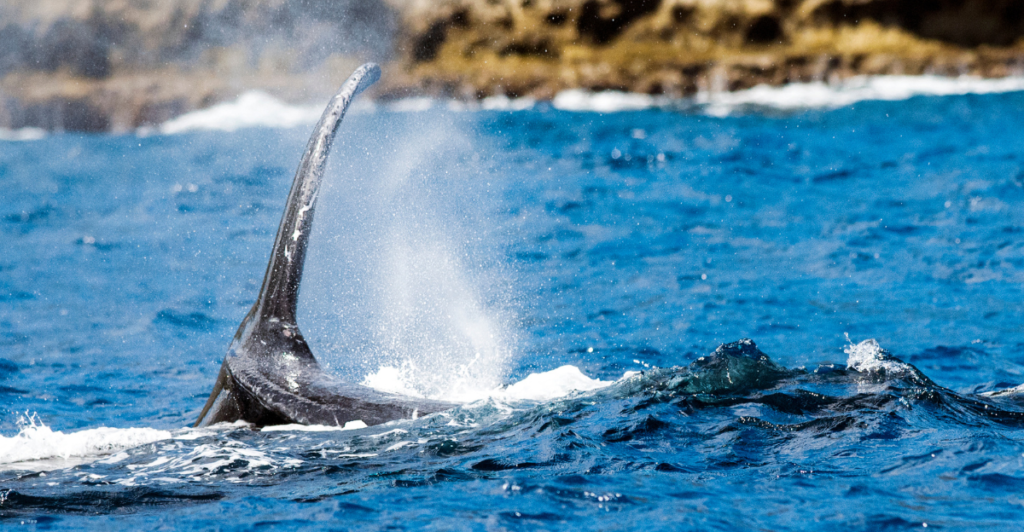
Whale migrations are a global phenomenon, with species like humpback whales traveling through the waters of many countries. This emphasizes the interconnectedness of ocean ecosystems and the need for international cooperation in whale conservation.
The Future of Whale Migration and Ecosystem Health
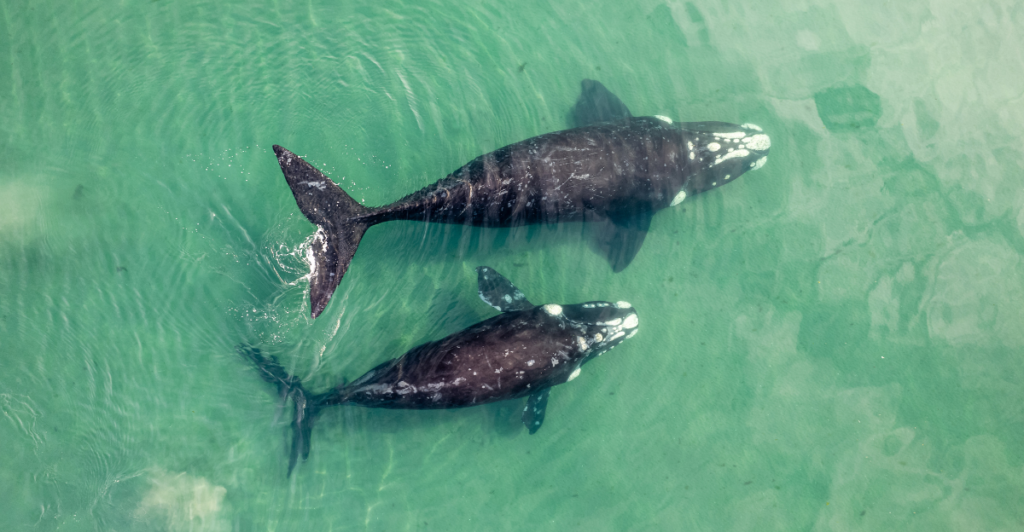
Whale migration is essential for keeping ocean ecosystems healthy. Protecting these migrations is essential to maintaining the balance of marine life and helping the ocean adapt to climate change. By conserving whale populations and tackling the threats they face, we can ensure they continue to support marine ecosystems for future generations.
Explore more of our trending stories and hit Follow to keep them coming to your feed!

Don’t miss out on more stories like this! Hit the Follow button at the top of this article to stay updated with the latest news. Share your thoughts in the comments—we’d love to hear from you!







